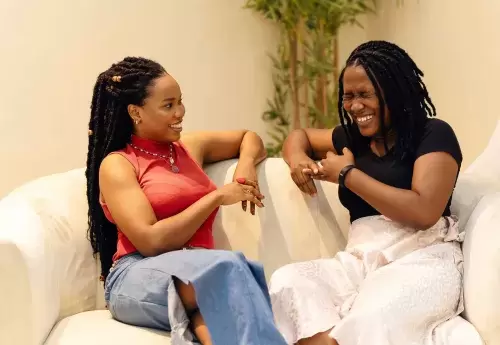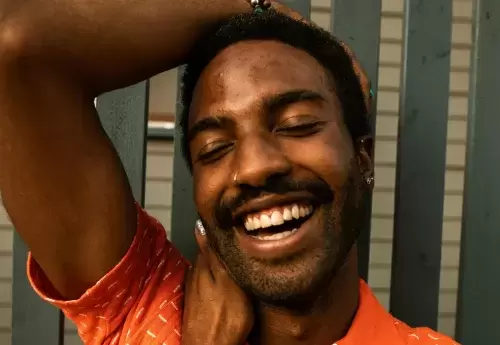
By Whitney Ball, Outreach and Marketing Manager at Mental Health America
Recently, I’ve been thinking about how intertwined mental health advocacy is with other social justice issues, particularly those around race. As a white woman fighting for the mental health of all, I cannot say that I advocate for change to our mental health system without also fighting for racial justice. Hundreds of years of oppression have resulted in so much racial trauma for people of color. The blatant acts of violence against communities of color that get the media attention are not the only things that impact mental health, but also the daily microaggressions that leave a lasting impact. These experiences lead to trauma and the result in increased psychological issues, including anxiety, depression, and post-traumatic stress disorder (PTSD) for people of color. We can’t stand up and fight for those with mental illness, and mental health for all, without also taking time to address the racism in our world actively.
Over the past few days, I’ve started to ask myself, how can I be a better ally to people of color in the fight against oppression and racism? It’s more than standing up when horrific acts of violence occur in our country. And it’s not about sitting on the sidelines until things are so bad that we are forced into action. Instead, white people, including myself, must make it our mission to break down the systems of oppression that we have benefited from regularly.
As white people, we need to make this racial justice and broader social justice a part of our daily work and fight against white supremacy. Here are some steps we can take to be better white allies in the fight against racial injustice.
Do our work first
We cannot engage in the fight against racism and white supremacy without taking time to understand how systems of oppression have served to benefit our lives. It is not the job of people of color to educate white people on race and privilege issues. Instead, we must take time to do the work ourselves. Will it be easy? Absolutely not. These threads of oppression are so embedded into every system in our country that educating ourselves will require genuinely digging in and pulling back so many layers. It will also require us to remain open to what we are learning. A good starting point might include consuming media that helps open eyes to racism in daily life. Forbes shared a list of anti-racist resources for white people to use to educate themselves, including books for adults and children, podcasts, social media accounts, and movies. It’s a good starting point for anyone wanting to lift up the oppressed.
Listen to the voices of people of color
For us to truly engage in the fight against racial injustice, we must ensure that we listen to the voices of people of color and help amplify them to the broader community. We cannot engage in the practice of allyship and serve as a white accomplice to the fight against racism if we, the white people, are doing all the talking. To be an ally, we must listen to the leadership within marginalized communities and share their messages with other white people in our space. It’s not the job of people of color to continually shout their message in hopes of being heard. Instead, it’s our job as white people to ensure that we are inviting people of color into every space and actually listening to them when it comes to racial injustices. Whether it’s our work, our home, our government, or any other area, we must magnify the voices of the oppressed and marginalized. And then we, the white folks, must deeply listen.
Practice Humility
Let’s face it. We love to get that pat on the back when we do something right, including when we are fighting for social justice issues. But that’s not what this is all about. Engaging in the fight against racial injustice requires white people to practice humility because this isn’t about us, and we aren’t going to get it right every time. We must be willing to admit that we don’t know it all and that we have a long way to go on this journey of allyship. Sometimes this practice of humility will look like shutting up and listening to people of color. It will require us to fight the urges to become defensive when we are called out for racism. Instead, we must work to understand why our words and actions are problematic. Other times it might require us to apologize for not getting things right. The bottom line is that if we want to truly be in solidarity with people of color, we must be willing to admit when we’re wrong and recognize that we know very little, although we often believe we know it all.
Racial justice is a mental health issue. We, as white allies, must participate in change and recognize the emotional impact of oppression. If our goal is mental wellness and the emotional well-being of everyone, then we must be willing to do the necessary work for racial equity. We can’t address one without the other. This isn’t a one and done thing or something we commit to when a grave act of violence occurs. White allies must actively show up every day and fight racism in all the systems in which we exist and continue to do so even when it’s not easy, or no one is watching. Our founder, Clifford Beers, dedicated his life to fighting mental illness in the open. When others told him he should remain quiet, he got louder and spoke out more. It is now our time to carry on his legacy and fight in the open for racial equity and mental wellness for all. Will you join us?




